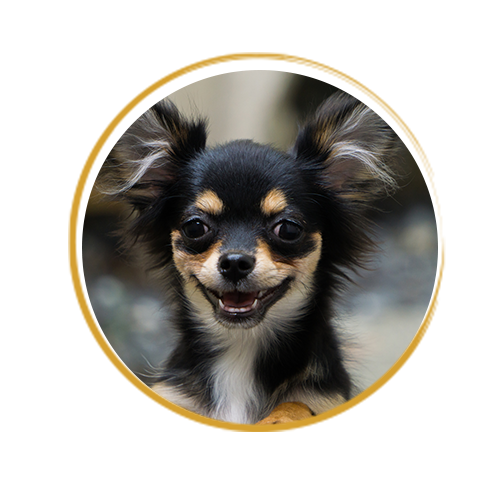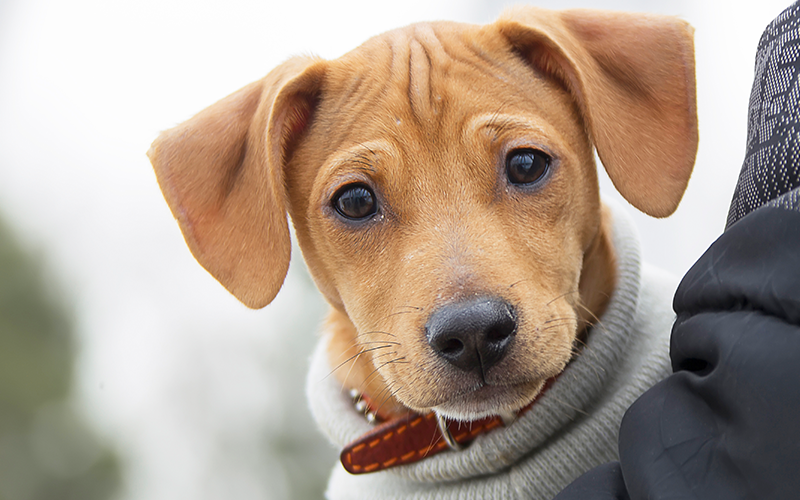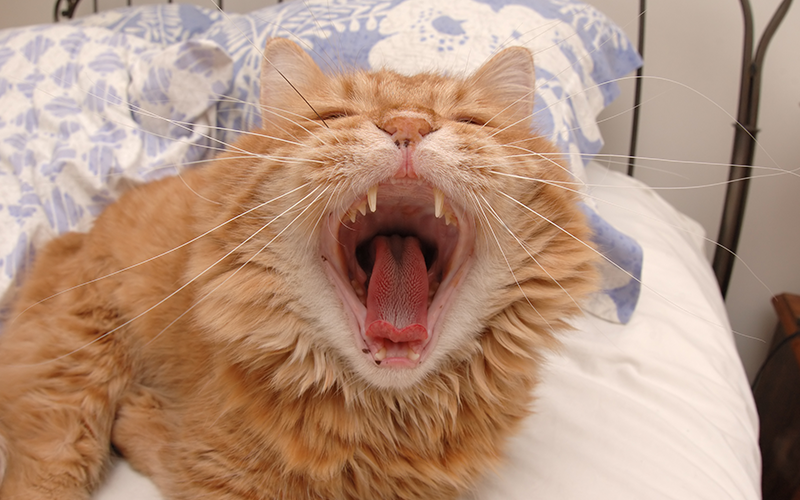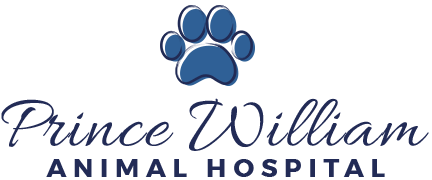Cat and Dog Teeth Cleaning in Manassas, VA
Consider making dental care a regular part of your pet’s routine if you haven’t already. Periodontal (gum) disease is one of the most prevalent — and preventable — conditions affecting dogs and cats today. Cleaning your pet’s teeth at home and scheduling periodic cat/dog teeth cleanings at our hospital is the best possible way to minimize the risk of disease. It may also extend your pet’s life! Without treatment, dental disease can lead to serious infection not only in the mouth but throughout other parts of the body — including the heart.

Your pet’s dental needs are as important as your own
Call us today to make an appointment.

Periodontal Disease in Dogs and Cats
Periodontal or gum disease is a serious condition in which the gums become infected with bacteria in the mouth, resulting in painful gum swelling, tooth decay, tooth loss, and possible systemic illness that includes heart, liver, and/or kidney disease.
Just like in people, dogs and cats can develop gum disease if they do not have their teeth cleaned frequently enough. Professional cat and dog teeth cleanings by a veterinarian and daily brushing at home are the best methods for preventing any kind of oral infection.

Signs of Poor Oral Health in Pets
Often, pets will not show any noticeable symptoms when they have an oral/dental issue. However, there are some signs we can look for to help us diagnose your pet’s condition:
- Bad breath
- Yellow/brown teeth
- Red, swollen gums
- Drooling
- Difficulty eating
- Eating less
- Blood in saliva
- Change in behavior
How to Brush your Cat's or Dog’s Teeth
Brushing your pet’s teeth is the most effective way to slow plaque and tartar buildup and prevent dental disease for the long term. We recommend starting when your pet is as young as 8-12 weeks old, but it’s never too late to address their dental needs.
Here are some tips to help you get started:
Getting a taste of the toothpaste will help your pet become more comfortable with it.
The American Kennel Club suggests that you start by gently touching your pet’s gums and teeth with your finger. Simply lift up their top lip and hold it there while you touch their upper teeth, then gently pull down the lower lip and touch the bottom teeth.
Now instead of your finger, use the toothbrush or finger brush to touch your pet’s teeth and gums. Be sure to praise and reward your pet for tolerating this contact.
Find a calm, well-lit spot where you can brush your dog or cat’s teeth in peace without distraction.
Just as you do when you brush your own teeth, maintain a gentle, circular motion with the brush along your pet’s gum line to remove food debris and plaque. Make sure to hold their upper and lower lips out of the way as you brush.
If your pet is still new to brushing, try to focus on brushing the outsides of their teeth first, before working on the inside.
Our Cat and Dog Teeth Cleaning Services
At Prince William Animal Hospital, we provide professional cat and dog teeth cleaning services on a regular basis here in Manassas. Your pet’s oral health is intrinsically tied to their overall bodily health, and should be maintained regularly to give them the best quality of life.
Similar to surgery, every pet undergoing a teeth cleaning procedure must be evaluated beforehand, as they will need to be placed under anesthesia so we can perform our cleanings as thoroughly and safely as possible.
A typical cat/dog teeth cleaning includes:
- An oral exam
- A pre-op exam and blood work to ensure safety
- General anesthesia
- Cardiac, respiratory, and temperature monitoring throughout the procedure
- IV catheter and fluids for blood pressure support
- Dental scaling, polishing, and tooth extractions (if needed)
